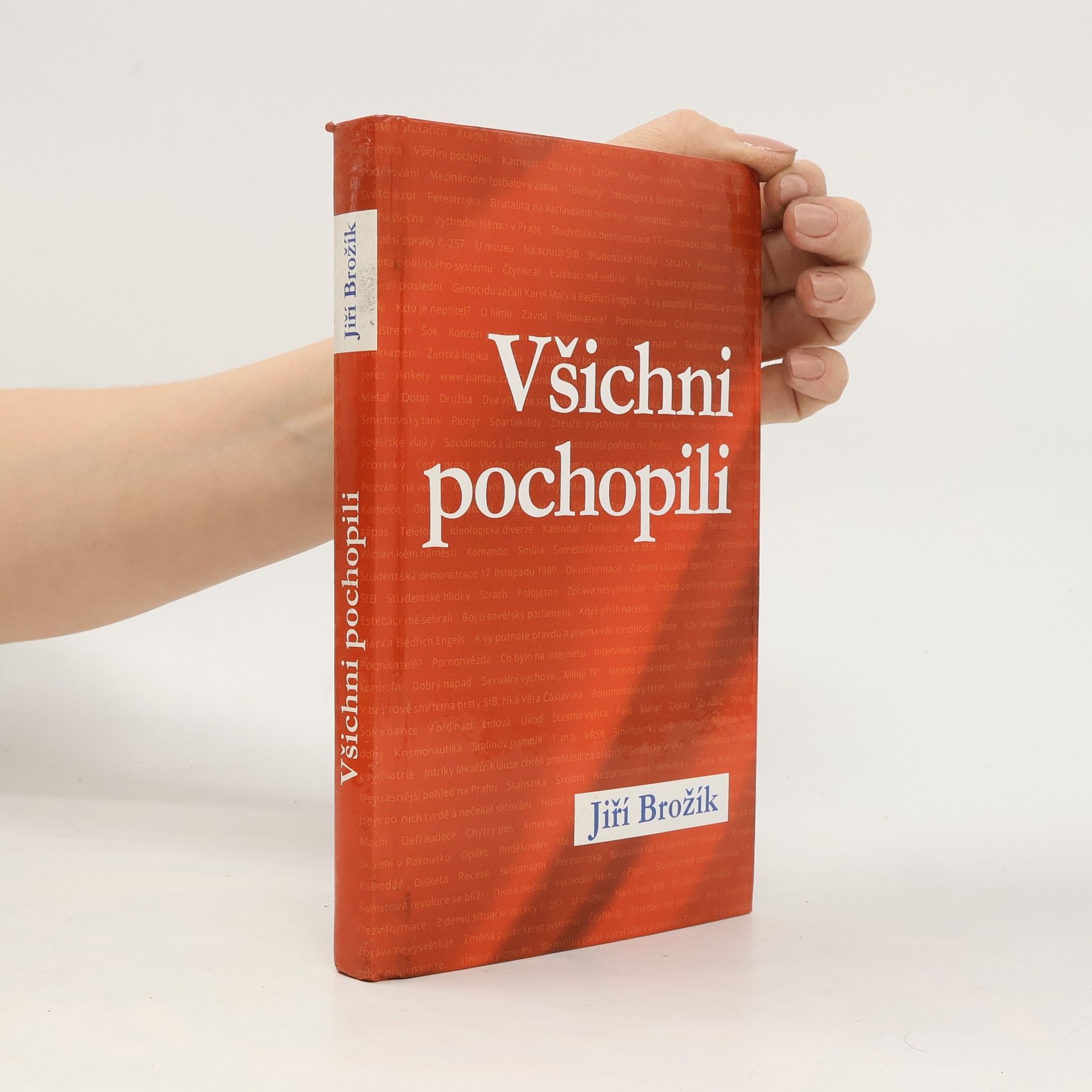Silbury Hill in Wiltshire has perplexed people for generations: was it part of a ritual landscape, an island, a way of remembering the dead, a place of celebration? In this acclaimed memoir Adam Thorpe returns to the landscape of his youth to explore its many meanings for him, and for us.
Jiří Brožík Livres
![Poslední perla : [101 pravdivých příběhů]](https://rezised-images.knhbt.cz/1920x1920/70949775.jpg)


Poslední perla : [101 pravdivých příběhů]
- 172pages
- 7 heures de lecture